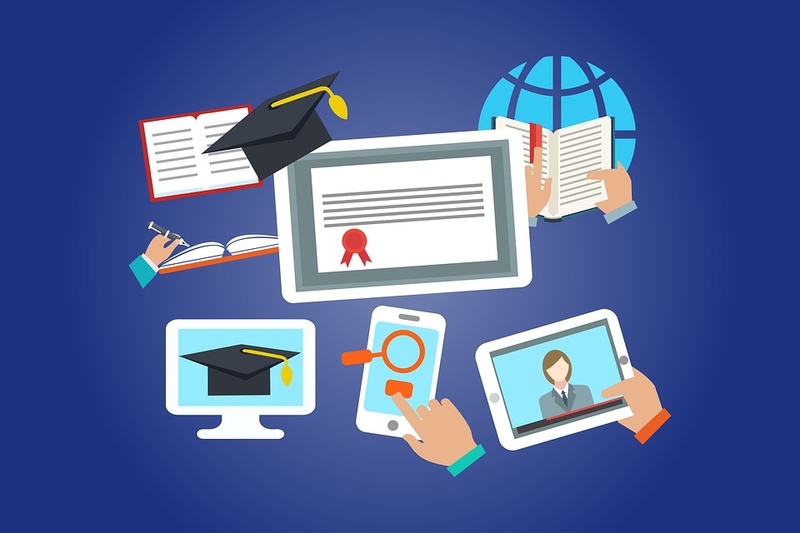
On 23 July, the Ministry of Human Resource Development released a press statement saying that the Government of India has launched an Integrated Scheme for School Education- Holistic Education (Samagra Shiksha) that includes three previously Centrally-Sponsored Schemes- Education For All Campaign (Sarva Shiksha Abhiyan), the National Secondary Education Campaign (Rashtriya Madhyamik Shiksha Abhiyan) and the Teacher Education initiative, from 2018-19. Centrally-Sponsored Schemes (CSS) are schemes that are employed by the state governments in the country but are largely financed by the Central Government with a defined State Government share. The press statement noted that under the Centrally-Sponsored Scheme of Samagra Shiksha, the Information & Communication Technology (ICT) section intends to cover all government and government-aided schools from grades 6 to 12, subject to the availability of financial provision.
Thus far, around 88,994 secondary and senior secondary schools (both government and government-aided schools) have been approved under the ICT component of the National Secondary Education Campaign, and about 92,886 upper primary schools have been approved to be covered under the Computer-Aided Learning (CAL) component of the Education For All Campaign.
Additionally, an ICT curriculum for teachers and students has been developed by the National Council of Educational Research and Training (NCERT); the students’ curriculum was piloted in 588 Navodaya Vidyalayas for a year. Navodaya Vidyalaya is an organisation of autonomous schools for gifted children run by the Department of School Education and Literacy under Ministry of Human Resource Development.
The Government, through the NCERT, has also implemented the e-school (e-pathshala) initiative to distribute educational e-resources including textbooks, audio-files, video, periodicals and a variety of other print and non-print materials. So far, 3,311 audios and videos, 650 e-books and 504 flip books are available on the portal and mobile app.
The National Repository of Open Educational Resources (NROER) is an initiative accumulate all digital resources across all stages of school education and teacher education. At present, 13,301 files including 401 collections, 2,722 documents, 376 interactive materials, 1,664 audio files, 2,581 images and 5,958 videos have been made available over the portal. State and Union Territories (UTs) are encouraged to contribute resources on NROER and to create OERs for their own regions.
A Massive Open Online Course (MOOC) platform, more commonly known as SWAYAM (Study Webs of Active learning for Young Aspiring Minds) has been launched; the portal offers a number of online courses for primary education and higher education. The NCERT plans to develop course modules for MOOCs for the Indian School Education system for grades 9 to 12.
According to the press statement, the National Institute of Open Schooling (NIOS), that is an education board under the Government, is one of the national coordinators of SWAYAM. The NIOS offers 14 secondary level courses and all courses of Diploma in Elementary Education (D.El.Ed.).
The courses hosted on SWAYAM are in 4 quadrants that are E-tutorials as Audio/Video lectures, E-text in the form of PDF as specially prepared reading material that can be downloaded or printed, self-assessment tests through tests and quizzes, and an online discussion forum to ask questions and get help.
The press statement also mentioned that a pilot project (e-Prajna) has been launched to provide tablets with pre-loaded Mathematics and Science e-content. Another digital education initiative has been developed to make interactive digital boards available to students in the country. Currently, these digital boards are functional in nearly 1.5 million classrooms across the country for students from grade 9 to post-graduate level, where they can take lectures from teachers and professors and access quality digital content.
















